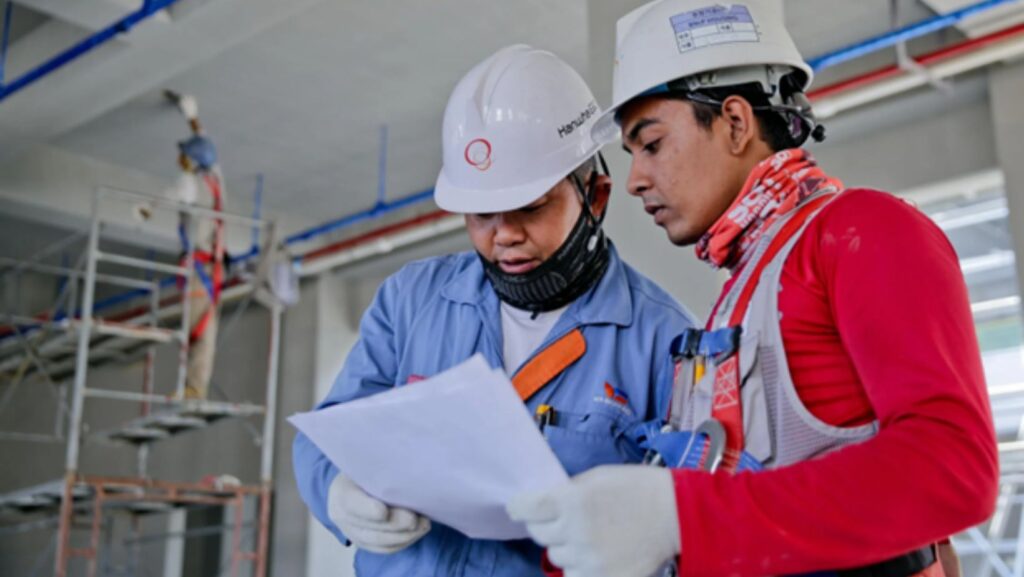MEP engineering, an acronym for Mechanical, Electrical, and Plumbing engineering, is the unsung hero behind the structures that define our modern world. From towering skyscrapers to cozy homes, MEP engineers are the architects of the systems that bring these spaces to life. By skillfully integrating mechanical, electrical, and plumbing components, they create environments that are not only functional but also comfortable, safe, and efficient.
The Backbone of Modern Infrastructure
MEP engineering is the foundation upon which our built environment rests. Every building, regardless of its size or purpose, relies on a complex network of systems to operate effectively. Mechanical systems, including heating, ventilation, and air conditioning (HVAC), ensure optimal indoor climate control. Electrical systems provide power, lighting, and communication infrastructure. Plumbing systems handle water supply, drainage, and waste management. The harmonious integration of these systems is crucial for the building’s overall performance and occupant well-being.
MEP engineers play a pivotal role in designing and implementing these systems. They analyze building requirements, considering factors such as occupancy, climate, and energy efficiency. With meticulous attention to detail, they create blueprints and specifications that guide the construction process. Their expertise extends beyond the design phase, as they collaborate closely with contractors and subcontractors to ensure that the systems are installed correctly and meet the highest standards.
Enhancing Comfort and Well-being
Beyond the technical aspects, MEP engineering has a profound impact on human comfort and well-being.

By optimizing indoor air quality, temperature, and humidity levels, MEP engineers create spaces that promote health and productivity. They also design lighting systems that enhance visual comfort and create desired atmospheres. Additionally, MEP engineers consider acoustic factors to minimize noise pollution and create tranquil environments.
In healthcare facilities, MEP engineering is particularly critical. Hospitals and clinics rely on advanced MEP systems to maintain sterile conditions, regulate temperature and humidity for patient comfort, and ensure the reliable operation of medical equipment. MEP engineers work closely with healthcare professionals to create environments that promote healing and patient safety.
Driving Sustainability and Energy Efficiency
As the world becomes increasingly conscious of environmental impact, MEP engineering plays a crucial role in creating sustainable buildings. By incorporating energy-efficient technologies and systems, MEP engineers help to reduce building energy consumption and minimize carbon emissions. This includes the use of renewable energy sources, high-efficiency HVAC equipment, and intelligent building automation systems.
Sumer Innovations, is at the forefront of this movement, offering innovative solutions that balance environmental responsibility with occupant comfort. Their expertise in designing and implementing sustainable MEP systems helps clients achieve their green building goals while maximizing operational efficiency.
Overcoming Challenges and Embracing Innovation
MEP engineering is a dynamic field that constantly evolves to meet new challenges and opportunities. Advances in technology, changing building codes, and growing sustainability concerns require MEP engineers to stay updated on the latest trends and best practices. They must possess a strong foundation in engineering principles as well as a deep understanding of building systems and construction processes.
Collaboration is another key aspect of MEP engineering. Successful projects require effective communication and coordination among architects, structural engineers, contractors, and other stakeholders.

MEP engineers must be able to articulate complex technical information clearly and concisely to ensure that everyone involved has a shared understanding of the project goals.
The Future of MEP Engineering
The future of MEP engineering is bright, with exciting possibilities for innovation and growth. Emerging technologies such as Building Information Modeling (BIM), Internet of Things (IoT), and artificial intelligence (AI) are transforming the way MEP systems are designed, operated, and maintained. These technologies enable greater efficiency, predictive maintenance, and enhanced occupant experiences.
MEP engineers will continue to play a vital role in shaping the built environment of the future. By embracing new technologies and staying ahead of industry trends, they will contribute to the creation of smarter, more sustainable, and more comfortable buildings.
In conclusion, MEP engineering is an indispensable discipline that underpins the functionality and performance of our buildings. From ensuring occupant comfort to driving sustainability, MEP engineers make a significant impact on our daily lives. As the world continues to evolve, the role of MEP engineering will only grow in importance, making it a rewarding and challenging career path for those who possess the necessary skills and passion.


More Stories
The Evolution of Bathroom Design: How Amsterdam’s Architectural Heritage Shapes Modern Renovations
The Rise of Virtual Slots in Home Entertainment Trends
The Secret to Long-Lasting Cylinders: Expert Cylinder Plating Services